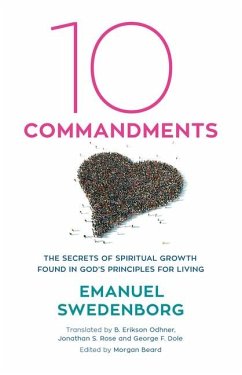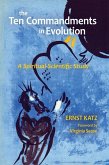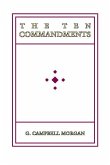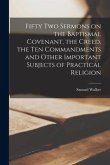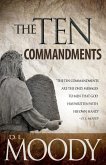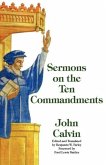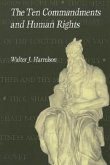Using his unique method of biblical interpretation, Swedish scientist and visionary Emanuel Swedenborg (1688-1772) peels back the layers of the Ten Commandments to reveal fundamental lessons on God, loving others, and how to live and grow as spiritual people. Although Swedenborg discusses the Ten Commandments in many places throughout his writings, he wrote four extended commentaries on the subject in three separate volumes: Secrets of Heaven (volume 7, published in 1754), True Christianity (1771), the short work Life (1763), and the posthumously published Revelation Explained (1758-59). Those four commentaries are now being combined in a single volume for the first time, allowing the reader to compare and contrast Swedenborg's approach across a seventeen-year span. This book offers new insights for spiritual seekers and students of Swedenborg alike, illuminating what is at once a familiar set of biblical teachings and one of the cornerstones of Swedenborg's system of personal growth.

